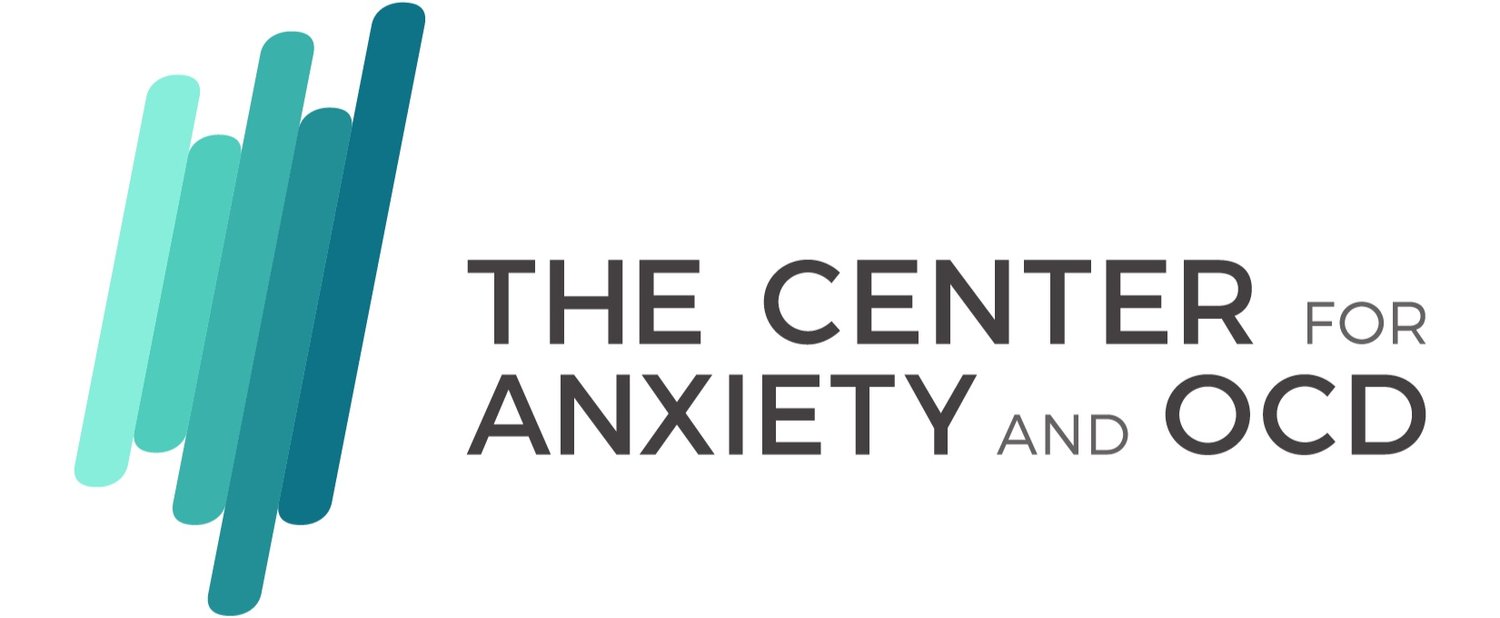Will My OCD Ever Go Away?
As much as I wish there was a clear-cut answer, the true response to this question is confusing, because it's a mixture of no, somewhat, and partially (and saying that anxiety can completely be cured can have consequences, as noted in this article).
When we are uncomfortable, as OCD so often makes us, it is perfectly normal to wonder how long until we are comfortable again, and what we need to do to get there. Below are some points to consider when you find yourself asking “am I going to feel this way forever?”
Anxiety and OCD are not curable because...
Feeling anxiety makes you human. Experiencing levels of anxiety, even extreme levels, is a perfectly normal emotional response.
Our anxiety allows us to move throughout the world safely, and wishing it away is the same as wishing away joy, anger, love, or sadness.
What we can alter is what our brain sees as triggering, and the way we respond. This does not mean we won’t ever be anxious again, but we can learn a much less damaging and time-consuming way to respond to it.
Anxiety and OCD are somewhat curable because...
Every person you know has had an intrusive thought, but their response to it may be something like “Hmm, that was odd. Better get back to work on this email!” instead of “that made me feel uncomfortable so it must be really important, I have to do something about it RIGHT NOW!”
Wishing your intrusive thoughts away is not a realistic treatment goal. Treatment is not about getting rid of your thoughts, but rather addressing the compulsive response to the thoughts. When we do this, we stop fueling our anxiety.
So, while your thoughts may be here to stay, your relationship with them can change! As it does, you may notice the volume and distressing nature of those thoughts naturally decreasing as well.
Anxiety and OCD are partially curable because...
Instead of asking “is my OCD ever going to go away” try, “is it possible for me to have a high quality of life with OCD?”
The answer to this question is a resounding yes.
As we move bravely through our hierarchies and respond to our cognitive distortions with speed and ease, the impact our OCD has on our lives becomes significantly smaller.
I have seen many people firsthand be successful mothers, fathers, partners, employees, employers, caregivers, and more with OCD- not after “recovery.” OCD and happiness are not mutually exclusive.
In the end, the way you think is a part of who you are, and you are not a problem that needs to be solved, or a broken thing that needs to be fixed.
My goal is never to change my clients, or get rid of parts of them, but rather to turn up the volume on their attunement, uniqueness, and resilience and turn down the volume on their suffering.
To me, that is what recovery looks like.

